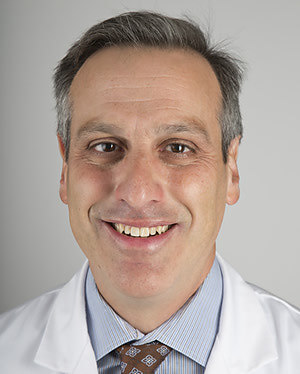The use of MRI resulted in no long-term clinically significant adverse events in patients with legacy cardiac devices and only 1 in 200 patients experienced a power-on reset of the cardiac device, according to a recent publication in the New England Journal of Medicine.
The majority of cardiac devices used in practice are legacy devices (non-MRI conditional devices) and are contraindicated for MRI due to inadequate safety data.To address this, Saman Nazarian and his colleagues recently published the results of a non-randomized, prospective study.
Overall, 2103 MRIs were performed on 1509 patients with legacy devices, at a magnetic field strength of 1.5 Tesla. The primary outcome of the study was comprised of adverse events and changes in device parameters, including generator and lead function assessed immediately and on long-term follow-up after the MRI. The median time to follow-up was one year. Nazarian and his colleagues reported no long-term clinically significant adverse events occurring after the MRI. Approximately 1 out of every 200 MRIs resulted in device power-on reset. Eight of the nine resets that occurred were transient. Only one device could not be reprogrammed and needed subsequent replacement.

“The work is very important. It validates the safety of a practice many of us have already brought to our patients in need of MRIs for important medical indications.”-Dr. Peter Zimetbaum
In the publication the investigators addressed the inability to obtain a long-term follow-up of one-fifth of all enrolled patients. The magnetic field strength that patients underwent was 1.5 Tesla. The authors note that “these findings should not be extrapolated to MRI scanners that operate at higher or even lower field strengths.”
When asked about the implications of this study on his clinical practice, Dr. Peter Zimetbaum, Harvard Professor of Medicine and Cardiac Electrophysiologist at Beth Israel Deaconess Medical Center, said “The work is very important. It validates the safety of a practice many of us have already brought to our patients in need of MRIs for important medical indications.”
“With proper planning and precautions this can be done safely,” he added.



Leave a Reply
You must be logged in to post a comment.